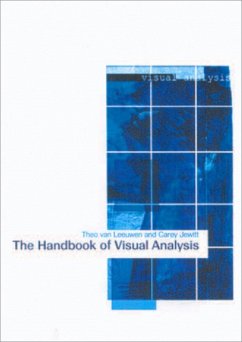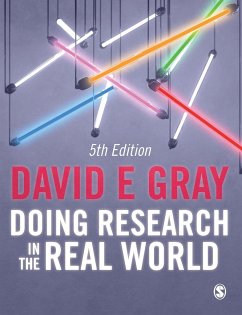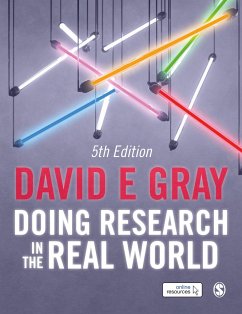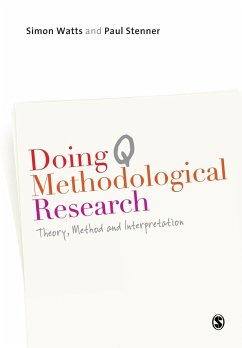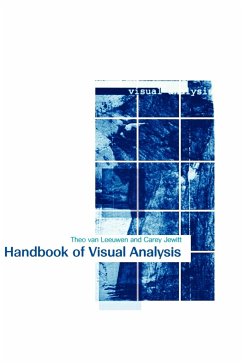Nicht lieferbar
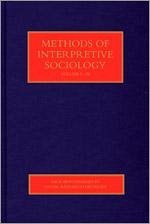
Causality
Versandkostenfrei!
Nicht lieferbar
Causality is a core problem in social science methodology, as the laws of causality found in physics - which state generalizations without exceptions - are not found in the social sciences. As a consequence, classical definitions of the causal relation, such as John Stuart Mill's definition in terms of invariant succession, need either to be modified and qualified, or replaced by a different concept of causality entirely. This has led to a long and complex literature on the problems of causality.This four volume major reference work, Causality, covers the main issues, methods of analysis, and ...
Causality is a core problem in social science methodology, as the laws of causality found in physics - which state generalizations without exceptions - are not found in the social sciences. As a consequence, classical definitions of the causal relation, such as John Stuart Mill's definition in terms of invariant succession, need either to be modified and qualified, or replaced by a different concept of causality entirely. This has led to a long and complex literature on the problems of causality.
This four volume major reference work, Causality, covers the main issues, methods of analysis, and alternatives, of causality, including the classic texts applying these alternative concepts and methods to empirical cases. The volumes give a substantial historical and philosophical introduction relevant to the concerns of practitioners. As a whole, the volumes represent a complete guide to the literature on social science causality from the beginning to the present.t.
This four volume major reference work, Causality, covers the main issues, methods of analysis, and alternatives, of causality, including the classic texts applying these alternative concepts and methods to empirical cases. The volumes give a substantial historical and philosophical introduction relevant to the concerns of practitioners. As a whole, the volumes represent a complete guide to the literature on social science causality from the beginning to the present.t.







